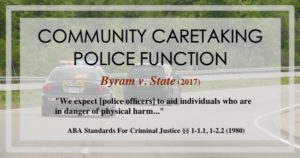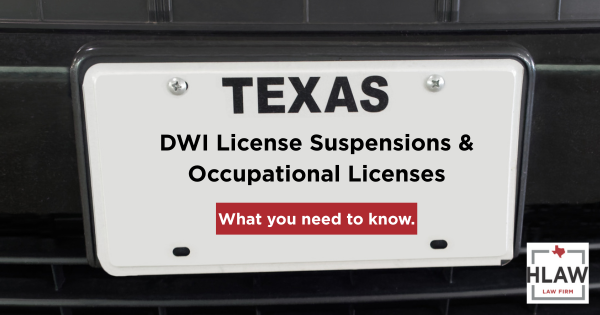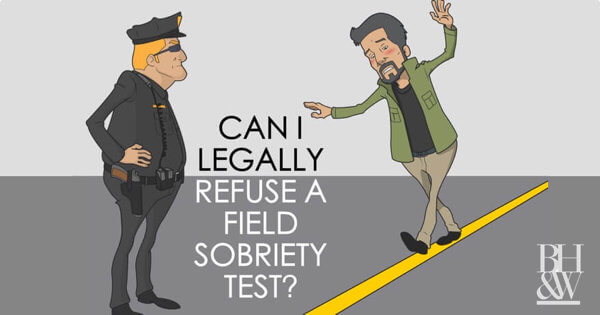 In November of 2015, we wrote about State v. Byram, a DWI case out of Tarrant County. In Byram, the 2nd Court of Appeals held that a “hunched over” passenger in a vehicle was not enough to invoke the police “community caretaking” function to allow the police to initiate a traffic stop without reasonable suspicion of a violation. The 2nd Court reversed the DWI conviction and remanded the case back to the trial court. The State appealed this decision to the Texas Court of Criminal Appeals, which issued its opinion today.
In November of 2015, we wrote about State v. Byram, a DWI case out of Tarrant County. In Byram, the 2nd Court of Appeals held that a “hunched over” passenger in a vehicle was not enough to invoke the police “community caretaking” function to allow the police to initiate a traffic stop without reasonable suspicion of a violation. The 2nd Court reversed the DWI conviction and remanded the case back to the trial court. The State appealed this decision to the Texas Court of Criminal Appeals, which issued its opinion today.
When May the Police Invoke the “Community Caretaking” Function to Make a Stop or Detention Without Reasonable Suspicion?
Byram v. State (Tex.Crim.App. 2017)
In this case, State argued that the police officer was engaged in his “community caretaking” function when he pulled the driver over. The State contends that this was a proper exercise of police authority and that the primary purpose of the stop need not be to investigate any alleged violation.
Reviewing the facts in the light most favorable to the trial court’s ruling (denying the suppression motion), the CCA agreed with the State and explained its view on the Community Caretaking function:
Local police officers frequently engage in “community caretaking functions,” totally divorced from the detection, investigation, and acquisition of evidence relating to the violation of a criminal statute. Cady v. Dombrowski, 413 U.S. 433, 441 (1973). “As part of his duty to ‘serve and protect,’ a police officer may stop and assist an individual whom a reasonable person—given the totality of the circumstances—would believe is in need of help.” Wright v. State, 7 S.W.3d 148, 151 (Tex. Crim. App. 1999). However, because the reasonableness of a community-caretaking seizure sprouts from its dissociation from the competitive enterprise of ferreting out crime, “a police officer may not properly invoke his community caretaking function if he is primarily motivated by a non–community caretaking purpose.” Corbin v. State, 85 S.W.3d 272, 276-277 (Tex. Crim. App. 2002).
The Court went on to lay out a two-step test for determining whether an officer may properly invoke his community-caretaking function:
- whether the officer was primarily motivated by a community-caretaking purpose; and
- whether the officer’s belief that the individual needed help was reasonable.”*
*The standard for reasonableness is no different when the officer stops a vehicle to check the welfare of a passenger rather than the driver. Wright, 7 S.W.3d at 151.
In this particular case, the CCA held, “[the officer] saw a woman in a precarious situation, and acted reasonably to help her by first asking whether she was okay, and then conducting a traffic stop when his
question went unheeded. This is the sort of ‘sound, commonsense police work that reason
commends, rather than condemns.'”










